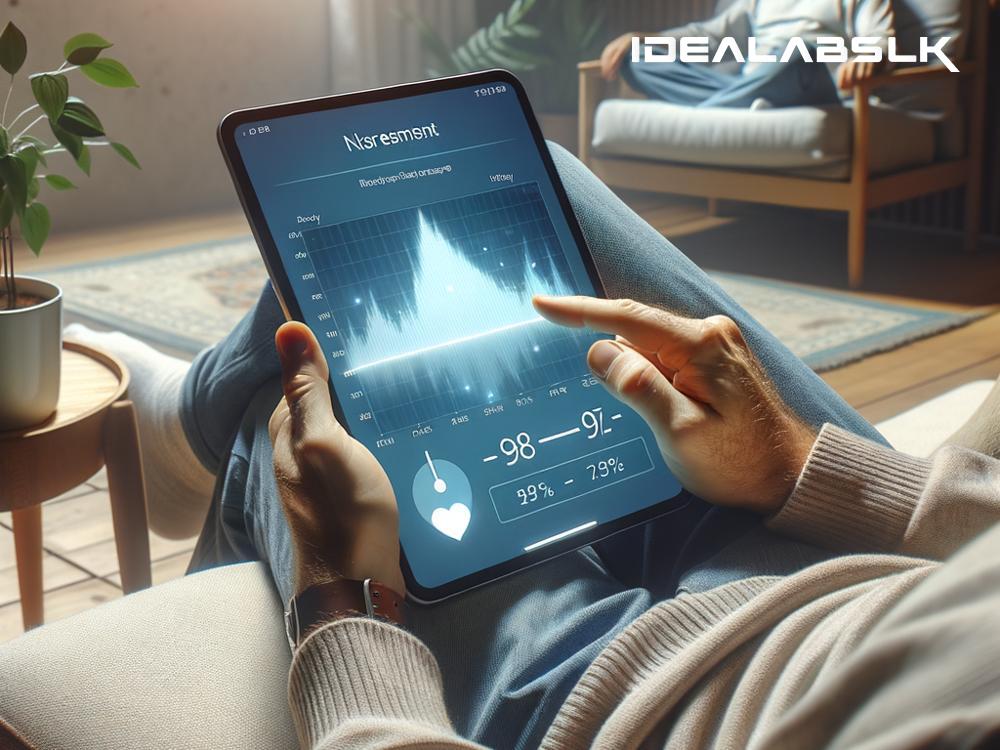How Digital Therapeutics Are Changing the Game for Mental Health Disorders
In recent years, mental health has taken center stage in conversations about our overall well-being. With increasing awareness, there's been a surge in seeking solutions that are not only effective but also accessible and less dependent on traditional medication. That's where digital therapeutics come in, offering a new horizon of hope for those dealing with mental health disorders.
What Are Digital Therapeutics?
Imagine a world where your phone or computer can help you manage or recover from a mental health disorder. That's the promise of digital therapeutics. These are health interventions delivered through smart devices like your smartphone, tablet, or laptop, designed to treat, manage, or prevent a disease or disorder. Unlike scrolling through social media, playing games, or texting, engaging with digital therapeutics is a purposeful interaction aimed at improving your well-being.
A Non-Pharmacological Approach
One of the most exciting aspects of digital therapeutics is their non-pharmacological nature. This means they don't involve medication. Why is this important? Well, while medication can be an effective treatment for many, it often comes with side effects or the risk of dependency. Digital therapeutics offer an alternative that sidesteps these concerns, making them an attractive option for those cautious about starting a new medication or those looking for complementary therapies alongside their current treatment plan.
How Do They Work for Mental Health?
Digital therapeutics for mental health work by providing therapeutic interventions that you can access through your device anytime, anywhere. These might include cognitive-behavioral therapy (CBT) exercises, mindfulness and relaxation techniques, stress management strategies, and more. The content is typically developed by mental health professionals, ensuring that users receive accurate and helpful guidance.
The Benefits
Accessibility
One of the most significant benefits of digital therapeutics is their accessibility. For many, attending regular in-person therapy sessions can be challenging due to time, cost, or geographic limitations. Digital options can offer support right at your fingertips, breaking down barriers to much-needed mental health care.
Personalization
Digital therapeutics can also be tailored to meet individual needs. Many apps and programs use algorithms to adjust their approach based on your input and progress, making the therapy more effective.
Empowerment
Using digital therapeutics can empower users by giving them active roles in their health care. It encourages a form of self-care that is informed, intentional, and focused on well-being.
Privacy and Anonymity
For those who might feel a stigma about seeking mental health treatment, digital therapeutics can provide a private way to access help. This could encourage more people to take that first step toward wellness.
Examples in Action
Several digital therapeutic apps and programs have shown promising results in managing symptoms of mental health disorders. For instance, apps that use CBT principles can help users challenge and change harmful thought patterns, a common treatment for anxiety and depression. Other apps focus on meditation and mindfulness to reduce stress and improve mood.
The Future Looks Bright
As technology continues to advance, so too will the capabilities of digital therapeutics. We're already seeing innovations like virtual reality used for exposure therapy and chatbots powered by artificial intelligence providing immediate responses to mental health inquiries. The potential for growth in this field is immense, offering hope for more personalized, effective, and accessible mental health care.
Final Thoughts
Digital therapeutics represent a significant shift in how we can approach mental health disorders, offering a complementary or alternative option to traditional treatments. They provide a unique blend of convenience, personalization, and accessibility that can empower individuals to take control of their mental health in new and innovative ways. As we continue to navigate the challenges of mental health, digital therapeutics stand out as a bright light, promising a future where support is available at the touch of a button. Whether as a stand-alone tool or part of a broader treatment plan, digital therapeutics are shaping up to be a crucial part of our mental health toolkit.

